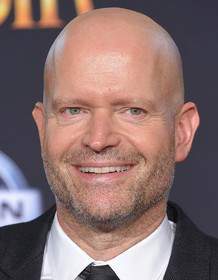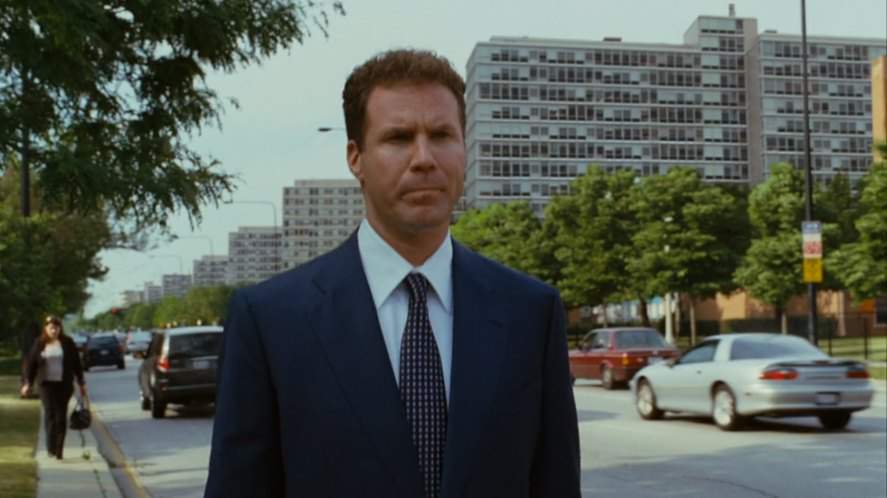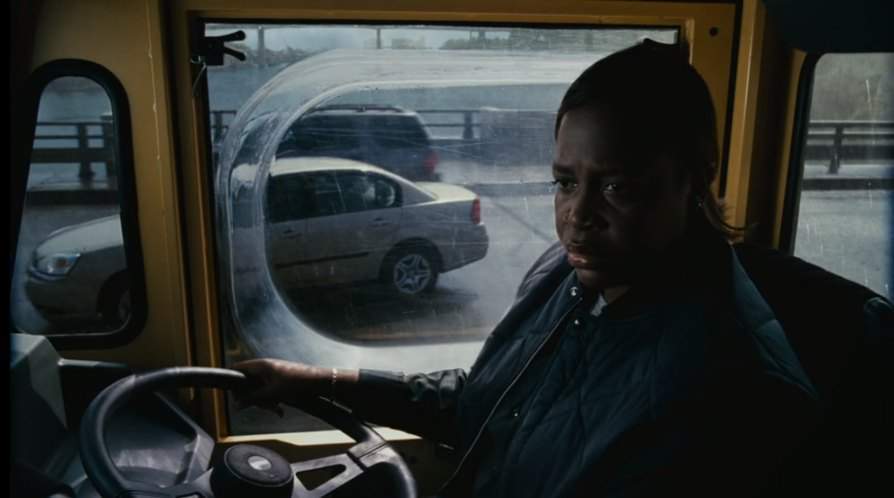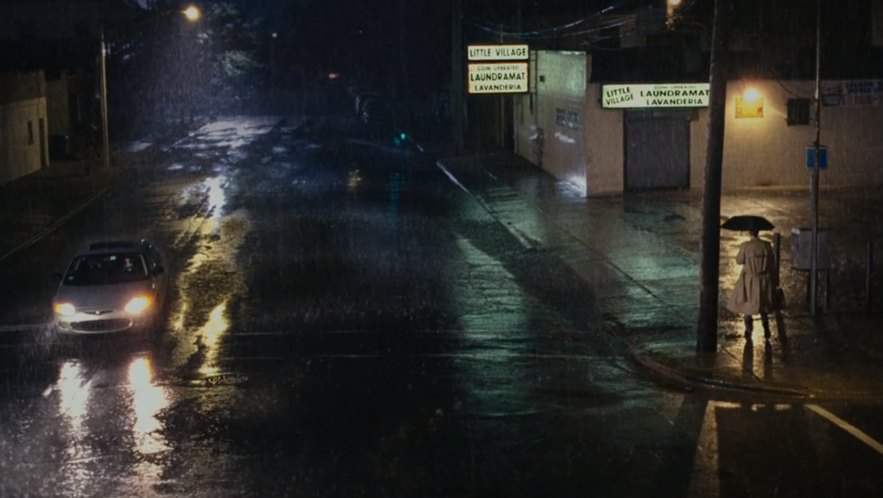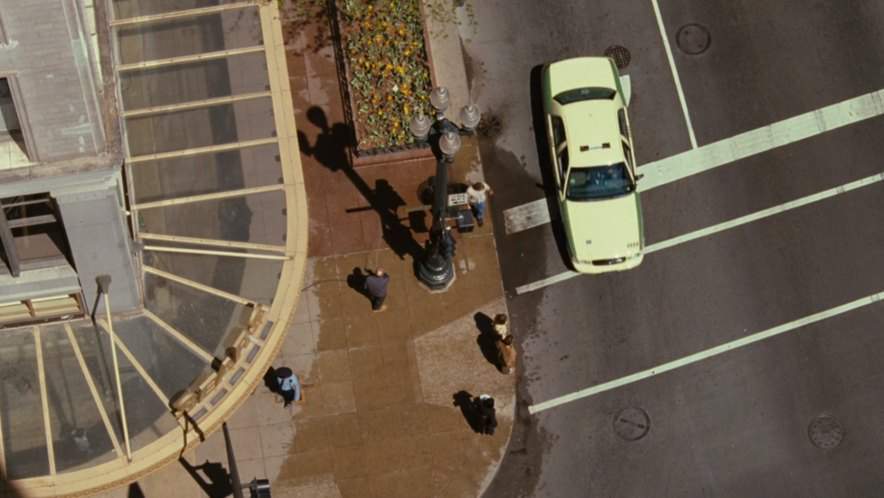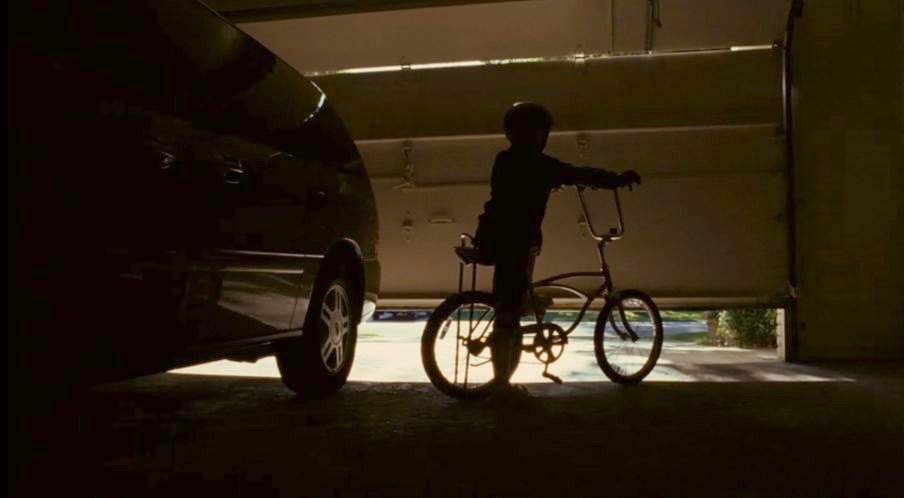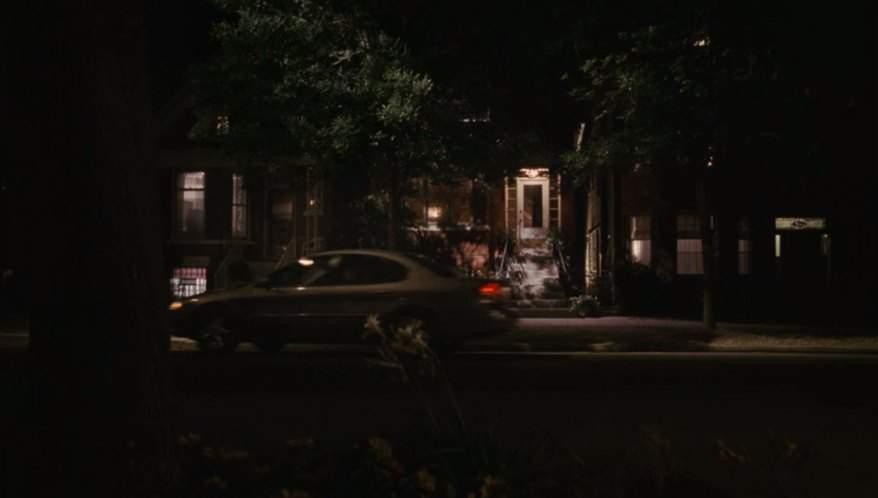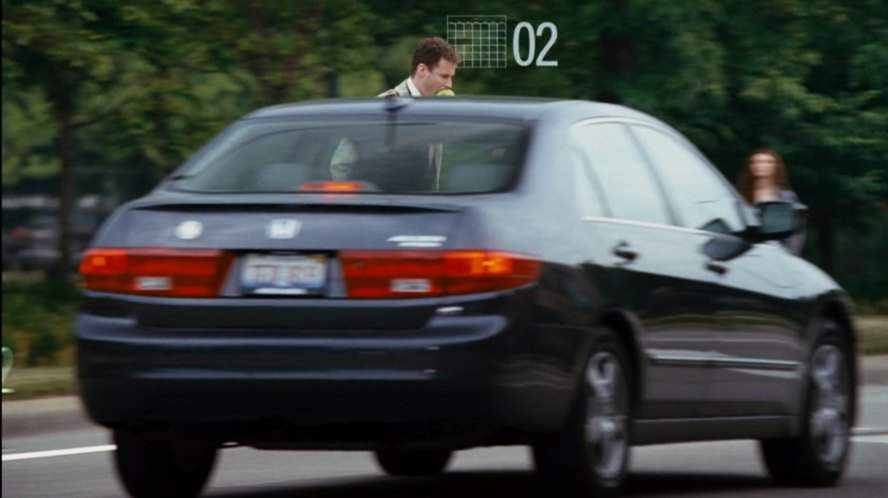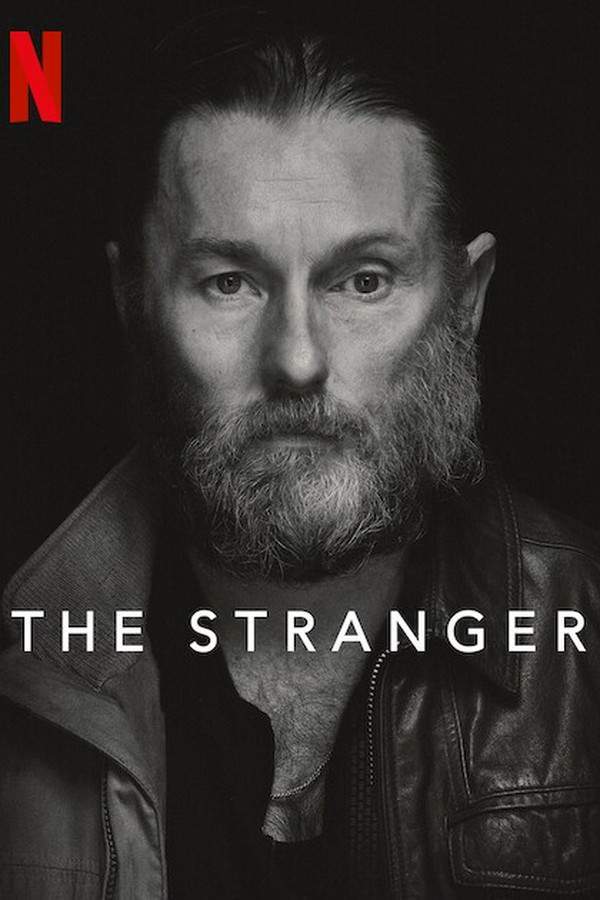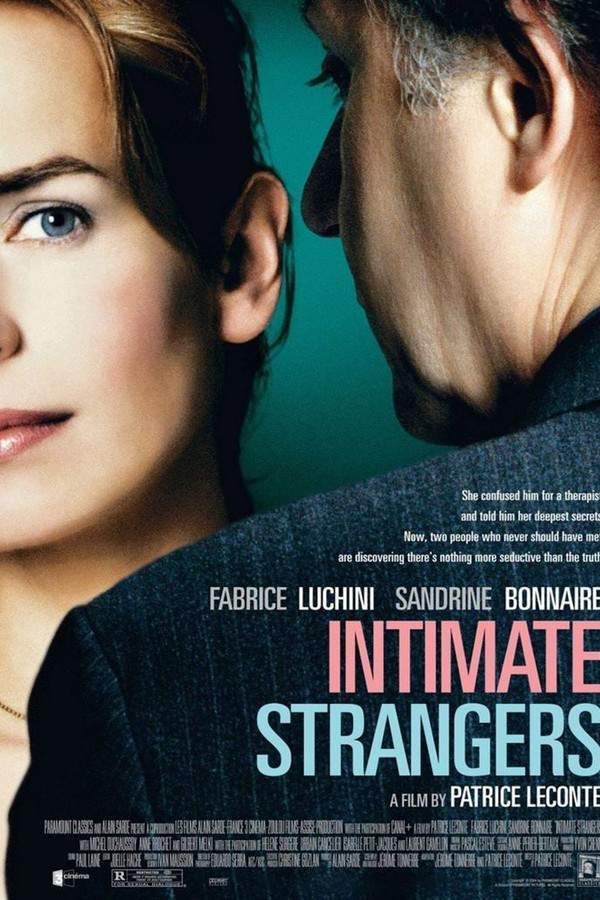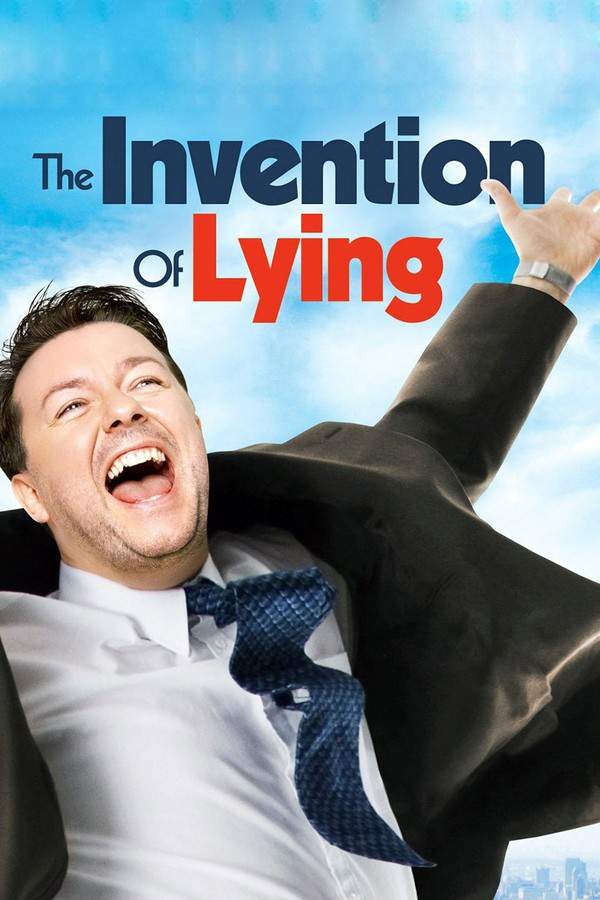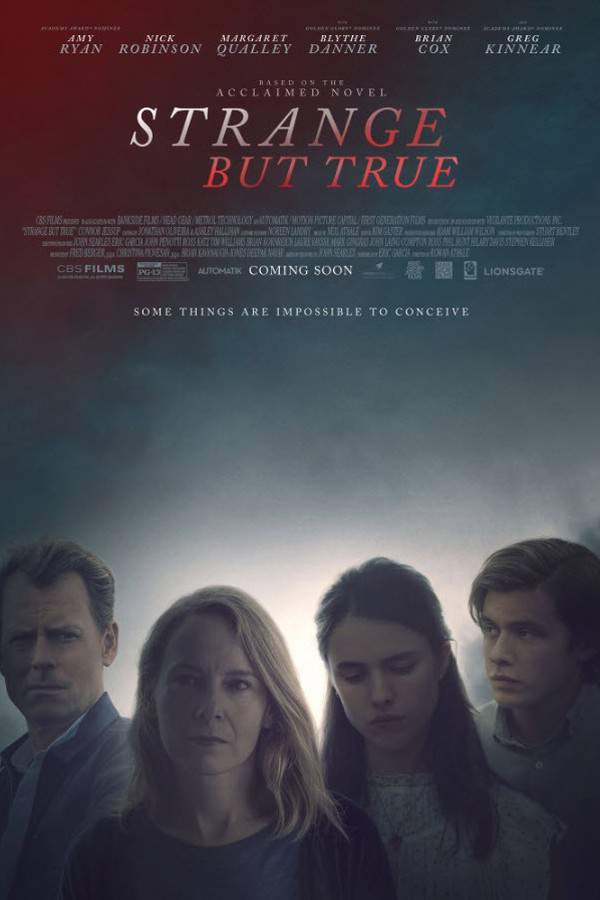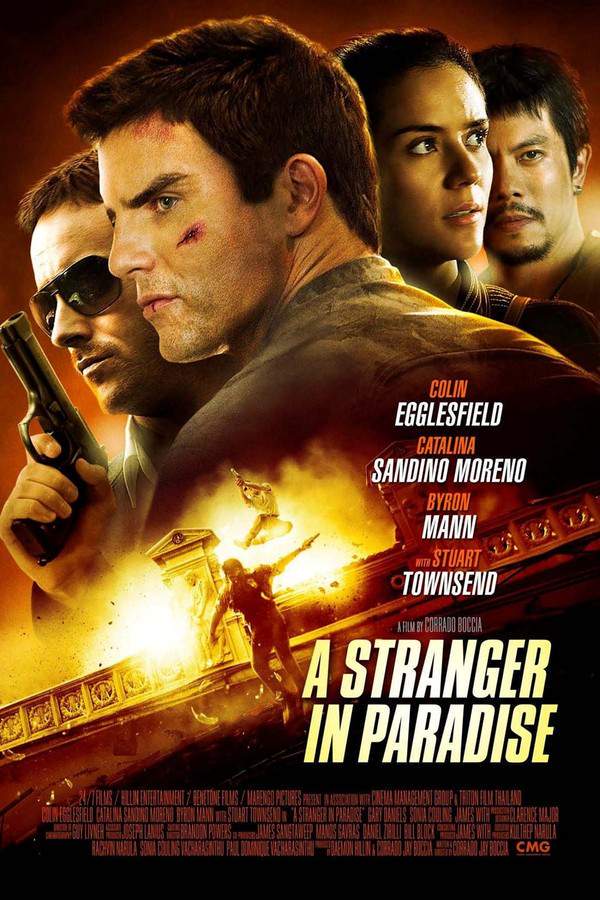Stranger Than Fiction 2006
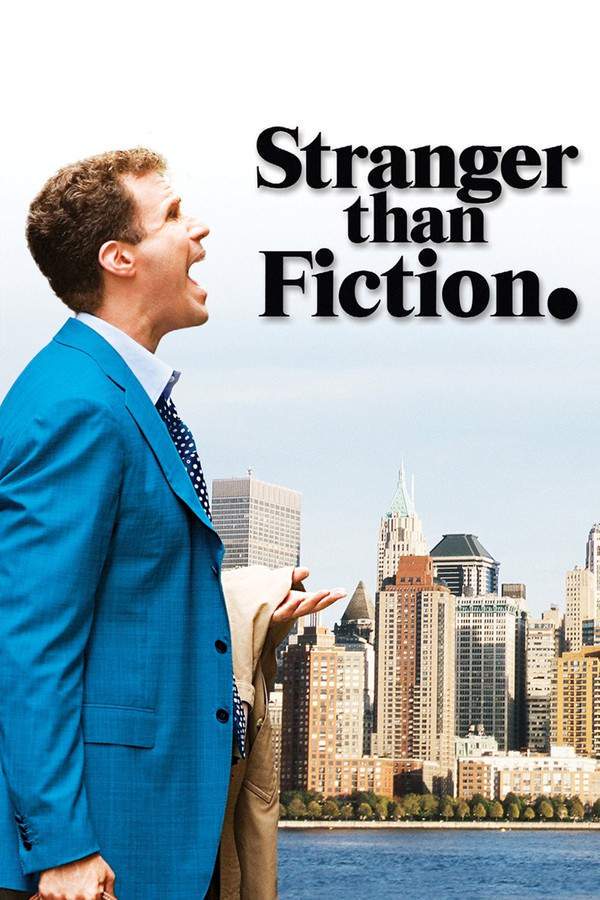
An IRS agent named Harold Crick finds his life inexplicably narrated by an unseen voice, predicting his every move and ultimately, his death. As he desperately seeks to understand and stop the narration, he discovers the identity of the author and the profound connection between his reality and the story being written about him. Harold must confront his mortality and find a way to reclaim his life before the narrative concludes.
Does Stranger Than Fiction have end credit scenes?
No!
Stranger Than Fiction does not have end credit scenes. You can leave when the credits roll.
Meet the Full Cast and Actors of Stranger Than Fiction
Explore the complete cast of Stranger Than Fiction, including both lead and supporting actors. Learn who plays each character, discover their past roles and achievements, and find out what makes this ensemble cast stand out in the world of film and television.
External Links and Streaming Options
Discover where to watch Stranger Than Fiction online, including streaming platforms, rental options, and official sources. Compare reviews, ratings, and in-depth movie information across sites like IMDb, TMDb, Wikipedia or Rotten Tomatoes.
Ratings and Reviews for Stranger Than Fiction
See how Stranger Than Fiction is rated across major platforms like IMDb, Metacritic, and TMDb. Compare audience scores and critic reviews to understand where Stranger Than Fiction stands among top-rated movies in its genre.

67
Metascore
7.9
User Score


%
TOMATOMETER

0%
User Score

7.5 /10
IMDb Rating

73
%
User Score
Take the Ultimate Stranger Than Fiction Movie Quiz
Challenge your knowledge of Stranger Than Fiction with this fun and interactive movie quiz. Test yourself on key plot points, iconic characters, hidden details, and memorable moments to see how well you really know the film.
Stranger Than Fiction Quiz: Test your knowledge on the intricate narrative of the movie 'Stranger Than Fiction' and its characters.
Who plays the role of the IRS auditor Harold Crick?
Will Ferrell
Dustin Hoffman
Tony Hale
Emma Thompson
Show hint
Awards & Nominations for Stranger Than Fiction
Discover all the awards and nominations received by Stranger Than Fiction, from Oscars to film festival honors. Learn how Stranger Than Fiction and its cast and crew have been recognized by critics and the industry alike.
12th Critics' Choice Awards 2007

64th Golden Globe Awards 2007

33rd Saturn Awards 2007

Best Supporting Actress
Full Plot Summary and Ending Explained for Stranger Than Fiction
Read the complete plot summary of Stranger Than Fiction, including all major events, twists, and the full ending explained in detail. Explore key characters, themes, hidden meanings, and everything you need to understand the story from beginning to end.
Harold Crick, an auditor for the Internal Revenue Service, leads a life dictated by the steady tick of his wristwatch. His latest assignment has him auditing Ana Pascal, a tax-delinquent baker, for whom he finds himself developing an awkward attraction. On this particular day, Harold starts hearing a mysterious woman’s voice that omnisciently narrates his daily life, leaving him baffled and unable to respond.
As he heads home, his watch unexpectedly stops, prompting him to reset it using the time provided by a passerby. The voice ominously narrates, > “little did he know that this simple, seemingly innocuous act would result in his imminent death.” Concerned about this unsettling prediction, Harold consults a psychiatrist, who attributes the voice to schizophrenia. However, they both consider that if it’s not a mental illness and indeed a narrator exists, seeking the counsel of a literature expert might offer some answers.
This leads Harold to Jules Hilbert, a university literature professor, who initially agrees with the psychiatrist. Recognizing the banality in Harold’s life, he suspects that his story lacks the drama typically found in novels. But as the two talk, Jules detects recognizable elements of literature, advising Harold to discern if his narrative leans towards comedy or tragedy.
Their professional interaction parallels Harold’s personal life, where his budding relationship with Ana intensifies. After declining cookies from Ana, fearing they may be perceived as a bribe, she angrily dismisses him, which leads Harold to believe that he is, in fact, part of a tragic story. Following Jules’ guidance, Harold decides to take control of his fate by doing absolutely nothing for a day. Ironically, his apartment gets partially demolished by a wrecking crew mistaking it for an abandoned building, pushing Jules to assert that it’s best for Harold to embrace his fate and live fully until the end.
Taking this advice to heart, Harold takes a prolonged break from work, bonds with his co-worker Dave, embraces his passion for learning guitar, and pursues a romantic relationship with Ana. All the while, Harold starts to perceive his narrative in a new light, identifying it as a potential comedy. This leads him back to Jules, where he inadvertently connects the voice to the acclaimed author, Karen Eiffel.
In a parallel journey, Karen has been grappling with writer’s block, desperately seeking a compelling way to conclude her narrative surrounding Harold’s character, ultimately titled “Death and Taxes.” Starkly aware of the literary precedent of her characters meeting tragic ends, Harold’s reality terrifies her when she discovers he is real. With her assistant Penny on a mission to ensure the book’s completion, Karen reveals to Harold that she has recently crafted an ending in which he dies.
As tension mounts, Karen prepares to finalize Harold’s fate with a single keystroke. Unable to face his foretold demise, Harold chooses to forgo reading the manuscript but instead passes it to Jules, who praises it as Karen’s masterpiece while noting Harold’s death is pivotal to the story’s impact. This uncertainty weighs heavily on Harold, but with Jules’ reassurance about the beauty of life’s fragility, Harold reads the manuscript and finds solace in Karen’s portrayal, deeming it “beautiful.” Accepting his fate, he spends a heartfelt evening with Ana.
On the fateful day of his return to work, as Karen narrates the scene while typing, Harold’s watch, having unwittingly been set ahead, leads him to the bus stop early. In a stroke of bravery, he leaps to save a child about to be struck by a bus, sacrificing himself in the process. Yet, just as Karen pens Harold’s end, she struggles to complete the narrative.
Miraculously, Harold revives in a hospital with Ana by his side, having narrowly escaped death thanks to the remnants of his watch, which inadvertently saved his life by obstructing a critical artery. In the aftermath, Jules reveals to Karen that the manuscript lacks potency without Harold’s sacrifice, prompting them to recognize that his selfless act adds profound meaning to the story—designating his wristwatch, previously anthropomorphized throughout the film, as the character who meets a tragic demise instead.
Uncover the Details: Timeline, Characters, Themes, and Beyond!

Coming soon on iOS and Android
The Plot Explained Mobile App
From blockbusters to hidden gems — dive into movie stories anytime, anywhere. Save your favorites, discover plots faster, and never miss a twist again.
Sign up to be the first to know when we launch. Your email stays private — always.
Watch Trailers, Clips & Behind-the-Scenes for Stranger Than Fiction
Watch official trailers, exclusive clips, cast interviews, and behind-the-scenes footage from Stranger Than Fiction. Dive deeper into the making of the film, its standout moments, and key production insights.
Cars Featured in Stranger Than Fiction
Explore all cars featured in Stranger Than Fiction, including their makes, models, scenes they appear in, and their significance to the plot. A must-read for car enthusiasts and movie buffs alike.
Stranger Than Fiction Themes and Keywords
Discover the central themes, ideas, and keywords that define the movie’s story, tone, and message. Analyze the film’s deeper meanings, genre influences, and recurring concepts.
Stranger Than Fiction Other Names and Titles
Explore the various alternative titles, translations, and other names used for Stranger Than Fiction across different regions and languages. Understand how the film is marketed and recognized worldwide.
Similar Movies To Stranger Than Fiction You Should Know About
Browse a curated list of movies similar in genre, tone, characters, or story structure. Discover new titles like the one you're watching, perfect for fans of related plots, vibes, or cinematic styles.
Quick Links: Summary, Cast, Ratings, More

What's After the Movie?
Not sure whether to stay after the credits? Find out!
Explore Our Movie Platform
New Movie Releases (2026)
Famous Movie Actors
Top Film Production Studios
Movie Plot Summaries & Endings
Major Movie Awards & Winners
Best Concert Films & Music Documentaries
Movie Collections and Curated Lists
© 2026 What's After the Movie. All rights reserved.



